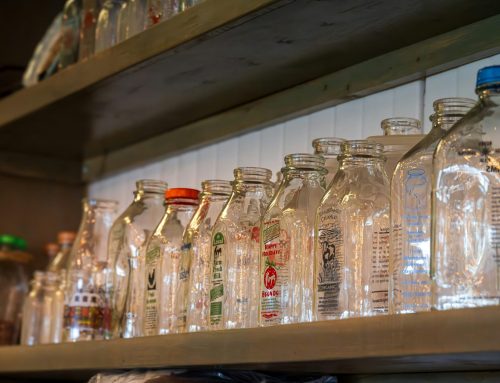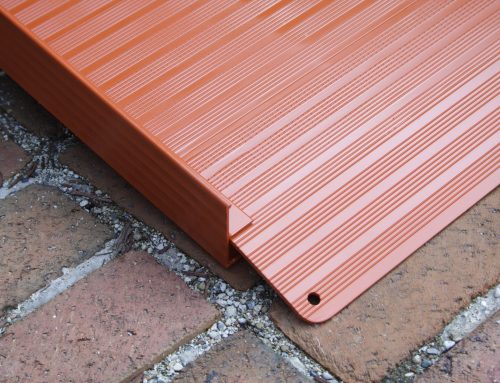When a person develops a disability or a chronic illness, they often feel as though something has been taken from them. It becomes easy to obsess over that thought, and the overwhelming feeling of loss. This thought pattern can lead to uncertainty and an unsettled feeling of victimhood.
This is the thought pattern that can bound disability and depression together. The important thing to recognize is that it doesn’t have to be this way. You can still live a quality life with a disability, and you don’t have to fall victim to your condition.
Breaking the Tie Between Disability and Depression
The Centers for Disease Control estimates that 1 in 4 American adults have a disability. Many are able to thrive under less than ideal conditions. Below are a few suggestions for learning how to cope with a disability or chronic illness.
Grieving for Your Loss
Before you can move on to creating your ideal life with a disability, you need to find ways to mourn your loss. You need to acknowledge the emotions that go along with this change and let the people who are close to you know how you are feeling.
While this is important, it’s critical not to stay in this position. You don’t want to continuously look back and obsess over the way things were. You can be happy without dwelling on the past.
Accept Your Condition
Acceptance can feel like caving into your condition. It feels like surrendering to a force that is greater than your ability to fight. But it’s really acknowledging that you need to take additional steps to care for yourself and put yourself in a position to succeed.
It might mean creating new baseline goals for yourself.
Minimize the Impact of Your Disability
Mindset becomes critical when dealing with a disability. With a little creativity, you can minimize the impact of your new set of limitations. It helps to learn as much as possible about your condition, and to take advantage of the things you can do. It helps to set realistic goals and be patient and forgiving with yourself.
Make Health a Priority
It’s amazing what diet and exercise can accomplish. Everyone can eat a healthy, well-balanced diet. You can also find ways to get exercise. Maybe it’s walking as far as you can walk. Or maybe it’s another form of low-impact exercise. But when your body is completely healthy, the impacts of your condition may become reduced.
Regaining Control of Your Life
Your life and your purpose may no longer be what they once were. When you can accept that, and put yourself in the best possible position to succeed, it’s possible to live a high quality life with a disability. You can break the bond between disability and depression. The two do not need to go hand in hand in your life.








